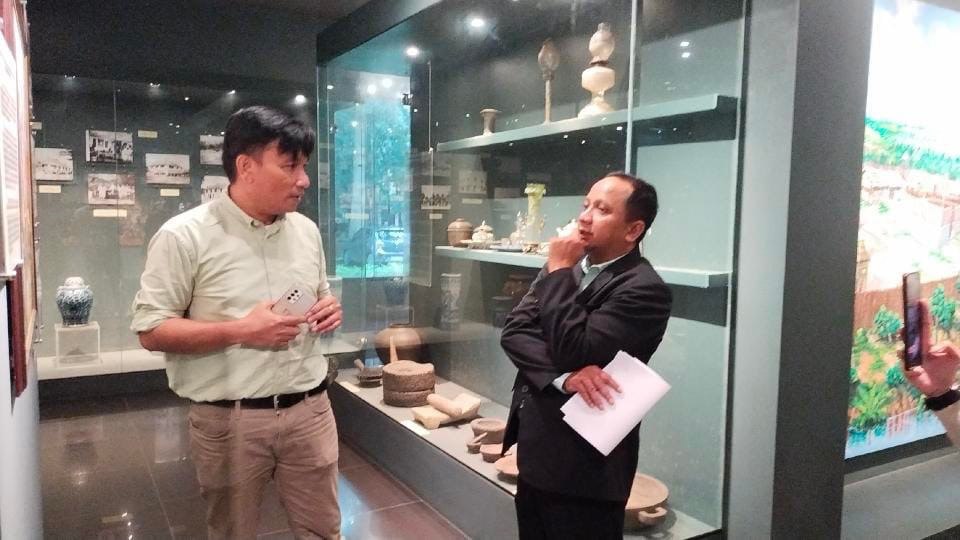Attending the 1st National Summit on Shari'ah, the Republic of the Philippines Invites HKI Lecturer as Representative of Muhammadiyah Central Leadership

Pradana Boy ZTF, Ph.D., a lecturer from the Islamic Family Law (HKI) Study Program at the Faculty of Islamic Religion, Universitas Muhammadiyah Malang (FAI-UMM), delivered a lecture on the implementation of Islamic law in Indonesia at the "1st National Summit on Shari'ah" organized by the Supreme Court of the Republic of the Philippines. Pradana was invited in his capacity as an expert in Islamic legal sociology and as a representative of the Central Leadership of Muhammadiyah. The event, titled "Forging the Role of Shari'ah in the National Legal Framework," aimed to integrate Islamic law into the national legal system of the Philippines.
The event was virtually opened by President Ferdinand Marcos Jr. of the Philippines. Regarding the substance of the activity, Supreme Court Justice Alexander D. Gesmundo provided guidance on how the national legal system of the Philippines should accommodate Islamic law, as Muslims are also an important part of the history of the Philippines as a nation-state.

Pradana was invited to speak about the best practices in the implementation of Islamic law in Indonesia. Speaking on the second day alongside the Egyptian Ambassador to the Philippines, Pradana Boy showcased his expertise as an emerging global Muslim scholar. In his lecture, Pradana discussed the best practices in the application of Shari'ah in Indonesia.
"However, I will not only discuss the best practices but also the bitter experiences," said Pradana, who also serves as the Vice Dean for Academic Affairs at FAI UMM. The "bitter experiences" he referred to were the ups and downs of Islamic law in legal politics over time. For example, during the Sultanate era, Islamic law had greater freedom, but during the Dutch colonial period, especially post-VOC, Islamic law faced systematic marginalization.
Overall, Pradana Boy observed that there are similarities between the implementation of Islamic law in Indonesia and the Philippines. One of these similarities is the strong sultanate history in both countries, which means they have a history of formalizing Islamic law at the state level. "The Philippines just needs time to make Islamic law a part of its national legal system," Pradana Boy concluded his presentation. (PBZTF)
